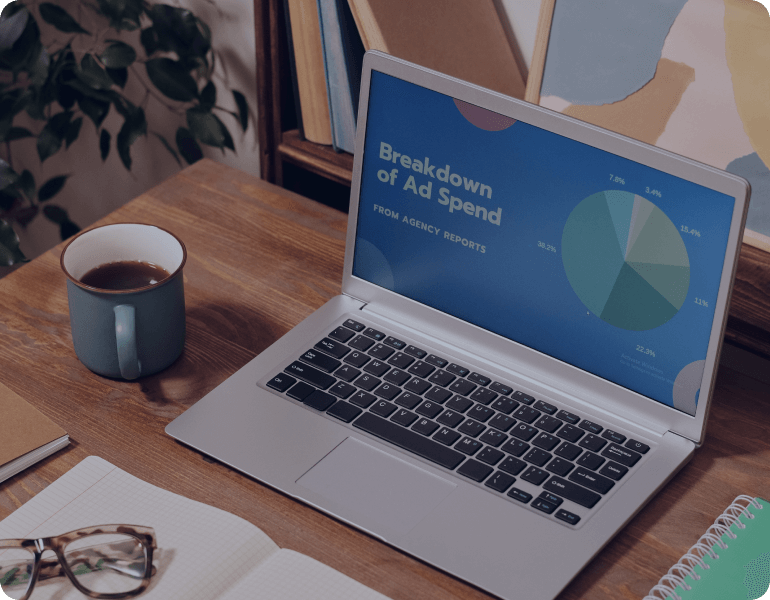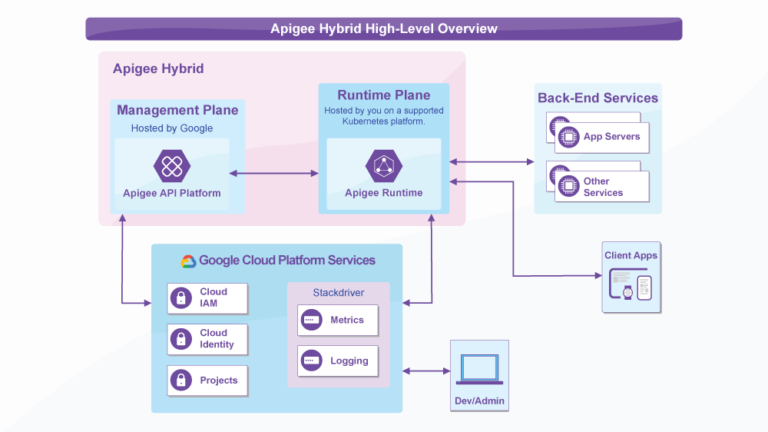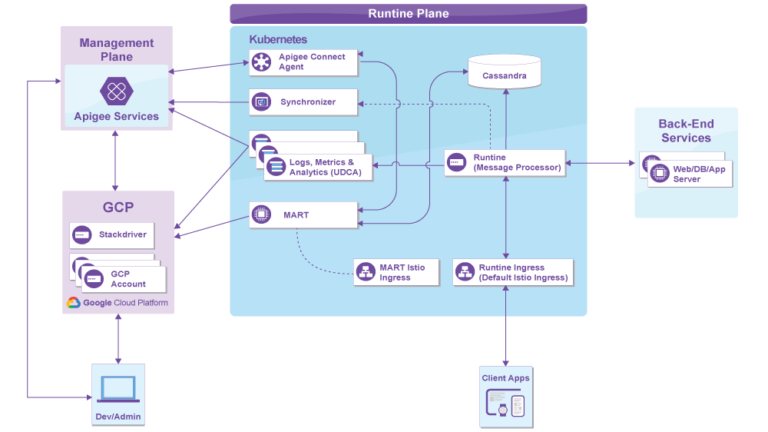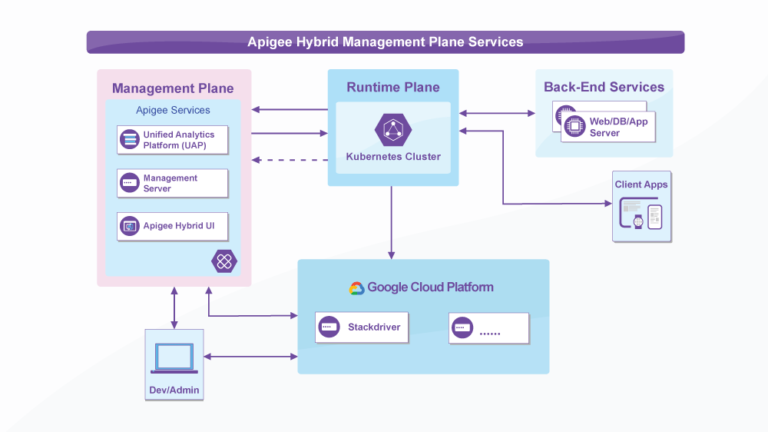Shopify PPC Experts
- Home
- Shopify PPC Experts
As a Shopify agency, we understand the importance of effective online advertising for e-commerce businesses. That’s why we offer our clients PPC management services that are specifically tailored to their Shopify store. Our team of experts will work with you to create and manage your PPC campaigns on platforms such as Google Ads and Facebook and Instagram Ads(Meta).
By using PPC advertising, you can target specific audiences and achieve a higher return on investment (ROI) compared to other forms of online advertising. Our PPC campaigns are carefully crafted to be cost-effective and result-driven, with a focus on increasing conversions and sales. Let us help you maximize your online advertising ROI with our proven PPC management services.


What We Do
Shopify Marketing
Shopify Web Design
Store Speed Optimization
Shopify Web Development
PPC stands for pay-per-click, it is a form of online advertising where you pay a fee each time one of your ads is clicked. PPC campaigns can be run on platforms such as Google Ads, Facebook Ads, Bing Ads and others. It allows you to target specific audiences, keywords and demographics and increase your brand's visibility and generate leads or sales.
PPC and SEO are both forms of digital marketing, but they work in different ways. SEO is focused on optimizing your website to rank higher in organic search engine results, whereas PPC involves paying for ads to appear at the top of search engine results pages. While SEO takes time to show results, PPC can generate leads or sales immediately.
The cost of PPC can vary depending on the industry, competition, and keywords you are targeting. However, you will only pay when someone clicks on your ad, hence the name pay-per-click. You can also set a budget limit on your campaigns, so you can control the amount you spend.
We measure the success of a PPC campaign by tracking key metrics such as click-through rate (CTR), conversion rate, and return on investment (ROI). We also use tools such as Google Analytics and SEMrush to track user behavior on the website and identify areas for improvement.
We will communicate with you regularly to provide updates on the progress of your PPC campaign and to address any questions or concerns you may have. We will also provide you with regular reports on key metrics and progress.
Providing a hybrid deployment architecture, Apigee Hybrid is a platform for creating and managing API proxies. This hybrid solution consists of a runtime plane that can be installed and managed on any supported Kubernetes platform, and a management plane hosted in the cloud by Apigee.
- Manage All Your APIs: In the Google Cloud environment, Apigee Hybrid makes it easier to manage both internal and external APIs. You can guarantee a smooth and uniform API program experience for your developers, partners, and clients by using this unified approach to API management.
- Address Security and Compliance: If your applications must be deployed on-premises due to security and compliance concerns, you can host and manage the Apigee hybrid runtime layer on your own infrastructure by using an enterprise-grade hybrid gateway.You can make good use of your current governance, security, and compliance infrastructure by controlling and preserving the runtime.
- Support Your Multi-Cloud Strategy: Adopting a hybrid strategy is generally the result of finding a compromise between optimal performance and cost-effectiveness.Your API management platform should give the required flexibility, regardless of whether you have already decided on a hybrid approach or are just starting to assess different cloud providers. This means that, depending on the situation, you should be able to host and manage enterprise-grade hybrid gateways in either your own data center, the Google Cloud, or a combination of the two.
API programs in a hybrid world

- Apigee-managed Management Plane: This is a group of cloud-based services that Google carefully maintains. These services include analytics, administration API, and user interface (UI)..
- Customer-Managed Runtime Plane: This is a collection of runtime services that are containerized and managed by you in your own Kubernetes cluster. In order to ensure effective handling and delivery of all API traffic, the runtime plane plays a crucial role in processing it. You may achieve greater agility by controlling the containerized runtime inside your Kubernetes cluster. This allows you to take advantage of other operational benefits that come with containerized environments, such as auto-scaling and staged rollouts.
- Google Cloud: This refers to an extensive range of cloud services that Google offers and hosts.
Runtime plane
- Message Processors: Handle and process incoming API requests and responses.
- Synchronizer: Ensures consistency and synchronization between various components and data stores.
- Cassandra: Manages distributed data storage for scalability and high availability.
- MART (Management, Analytics, and Runtime Traffic): Oversees management, performs analytics, and handles runtime traffic.
- UDCA (User-Defined Collector Agent): Collects and processes user-defined data from various sources.

Management plane
- Apigee Hybrid UI: The Apigee Hybrid UI provides developers with the means to build and implement API proxies, set up policies, produce API products, and create developer applications. The Apigee Hybrid UI allows administrators to keep an eye on the status of deployments.
- Apigee APIs: For effective administration of your surroundings and organization, these APIs offer a programmatic interface.
- Unified Analytics Platform (UAP): : Receiving and processing analytics and deployment status data from the runtime plane is mostly the responsibility of the UAP.









